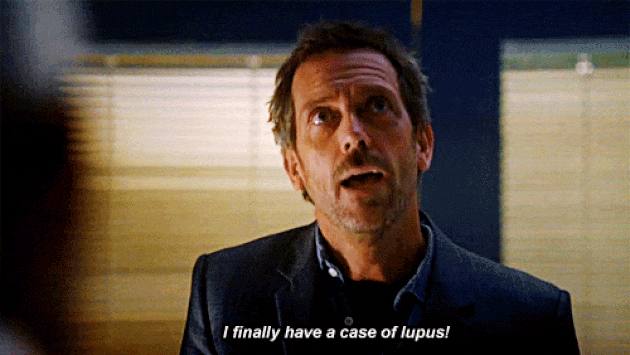How to contact a doctor
You can call a doctor yourself using your mobile phone.
Rooms:
- 911 — USA;
- 112 — Europe and other countries.
You can call these numbers with a negative balance and without a SIM card at all.
As soon as the operator answers you, tell him "I need an ambulance", give the address, and an ambulance will be sent to you. Be careful: in some countries, calling an ambulance can cost a round sum, so call only in emergency cases.
If your case is not so urgent, then you can contact the hotel administrator.
Use the following phrases:
- I need a doctor. — I need a doctor.
- Please, get me a doctor. — Please call me a doctor.
The administrator may ask you:
- What’s the problem? — What's the problem?
- What are your complaints? — What are you complaining about?
- Do you have medical insurance? — Do you have medical insurance?
How to describe what the problem is
You can use these phrases both in a conversation with the administrator to more accurately describe your problem, and when talking directly with a doctor. Say "I have" + whatever fits from the list below:
- an illness — a disease, usually short-lived;
- a disease is a serious, sometimes fatal disease;
- an injury — physical injury (bruise, fracture);
- a backache — back pain;
- a toothache — toothache;
- a headache - headache;
- an earache — ear pain;
- a stomachache — abdominal pain;
- a burn — burn;
- a sore throat — sore throat;
- a sickness — nausea;
- a rash — rash;
- insomnia — insomnia;
- a cut — a cut;
- a fever — high temperature;
- a cough — cough;
- a pain in chest — chest pain.
In another way, your condition can be described as follows:
- to feel dizzy — to feel dizzy;
- to vomit — to tear;
- swollen — swollen;
- bleeding — bleeding;
- high (low) pressure — high (low) pressure.
If suddenly you can't remember the right word, just say "It hurts here" ("It hurts here") and point to the problem place.
What can the doctor ask
To make a correct diagnosis, the doctor needs more information from you, so he can ask (ask):
- What have you eaten (drunk)? — What did you eat (drink)?
- Has this ever happened before? — Has this happened before?
- Please, take off your clothes. — Please take off your clothes.
- Does it hurt when I press this spot? — When I click here, does it hurt you?
- Open your mouth. — Open your mouth.
- What is your temperature? — What is your temperature?
- Take a deep breath. — Take a deep breath.
Sometimes additional research may be needed to be more confident.
- You need to have an X-Ray. — You need to get an X-ray.
- You should have a blood (urine) test. — Donate blood (urine) for analysis.
- You need to have an ultrasound scan. — You need an ultrasound.
- You need to see a specialist. — You should consult a specialist.
Doctors are divided into GP (general practitioners — general practitioners) and specialists (narrow specialists).
Diagnosis

List of the most common diseases:
- the flu — flu;
- cold — cold;
- food poisoning — food poisoning;
- an allergy — allergy;
- a bug (virus) — infection;
- a heart attack — heart attack;
- a stroke — stroke;
- appendicitis — appendicitis;
- pneumonia — pneumonia;
- a fracture is a fracture.
Doctor's recommendations
After conducting all the necessary studies and making a diagnosis, the doctor will prescribe a course of treatment and give you a prescription (prescription).
He can give you such advice:
- You should follow a diet. — You need to stick to a diet.
- Stay in bed for a few days and take your medicine. — Stay in bed for a few days and take medication.
- Come back next week so I can check how you are. — Come back next week so that I can check your condition.
- Take these pills twice a day. — Take these pills twice a day.
- You will have to stay in hospital for a few days. — You will need to stay in the hospital for a few days.
- You should take some antibiotics. — You need to take antibiotics.
At the pharmacy
There are three most commonly used words for pharmacy: drugstore, chemist's and pharmacy. The latter you can see on the streets of Spain, Italy and other European countries in a slightly different spelling, but the word itself is similar. Drugstore is more common in the USA, and chemist's is more common in the UK.
So, you came to the pharmacy, and here is a list of words that you may need:
- medicine (drug) — medicine;
- an antibiotic — an antibiotic;
- drops — drops;
- painkiller — painkiller;
- ointment — ointment;
- a bandage — bandage, bandage;
- antifebrile is an antipyretic.
Now you have the most necessary words and expressions to call a doctor, explain the essence of the problem and buy medicines at the pharmacy.
